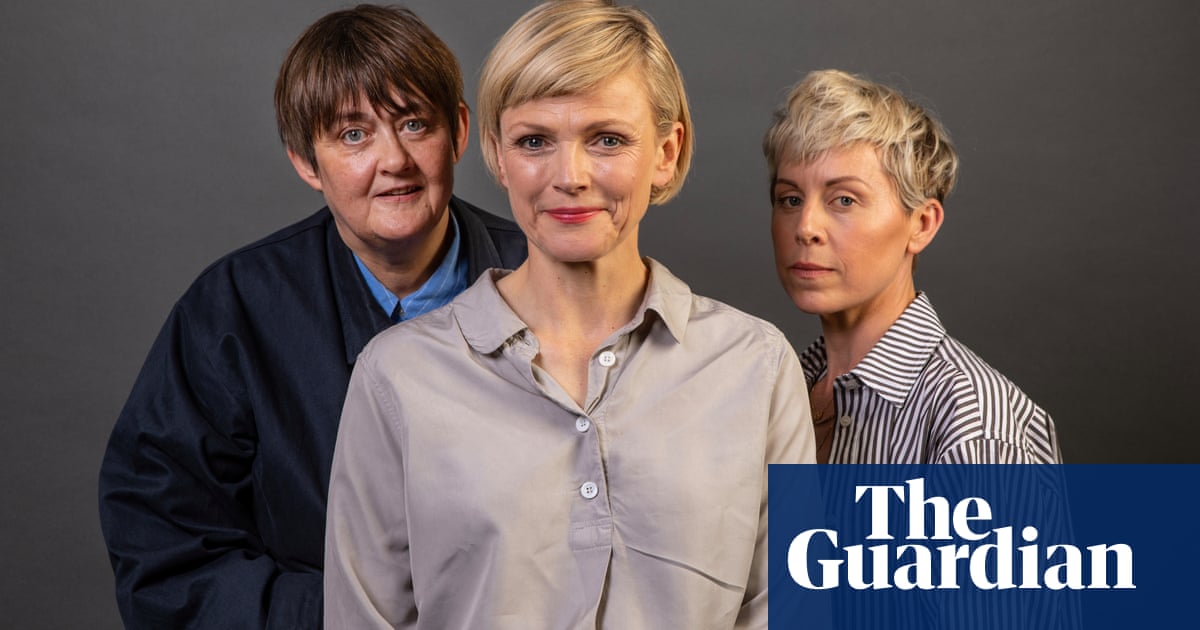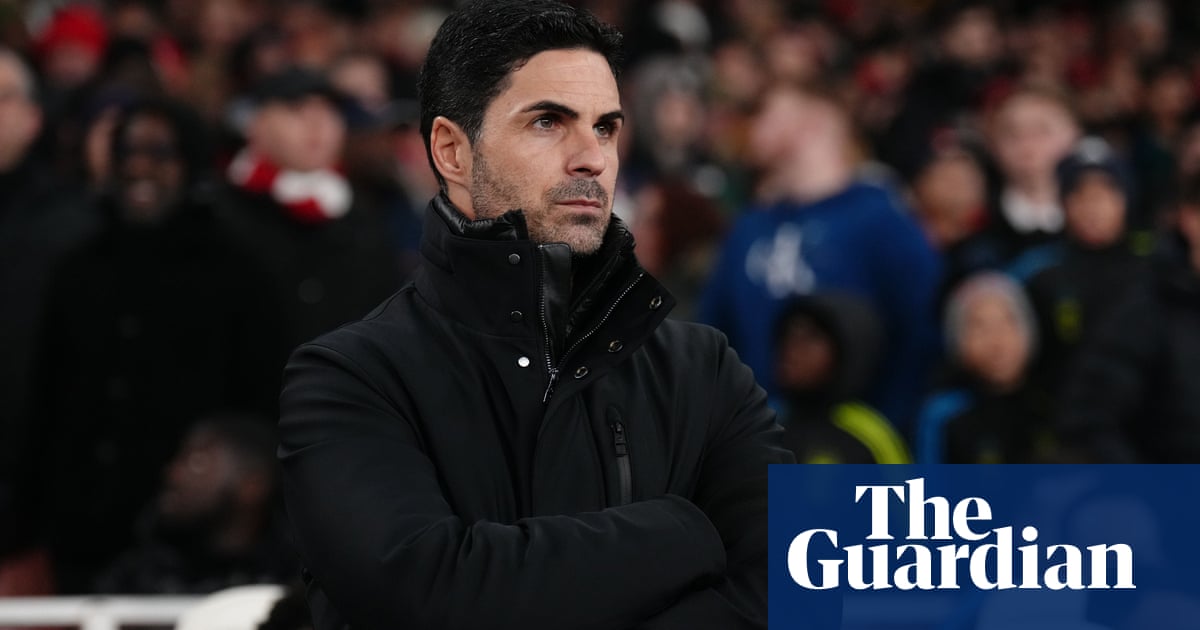
When Zillah Byng-Thorne took over at Future, she remembers spending her first year worrying that she would not be able to pay staff as the stricken magazine company faced the prospect of going bust.
Seven years later, she is on track to earn more than twice what the publisher was then worth, having masterminded a remarkable media business turnaround to create a £4.7bn stock market darling.
Initially hired part-time as chief financial officer – joining from AutoTrader, where experience of a highly successful print-to-e-commerce transition has proved invaluable – within a year, she had the backing of shareholders to lead a turnaround and was installed as chief executive in April 2014.
At the time, Future – founded in Bath in 1985 with its roots in titles focused on video gamers – was rapidly succumbing to the shift of readers and advertisers away from magazines to digital media and was struggling to meet financial obligations.
With a share price languishing at 83p, valuing the business at about £30m, Byng-Thorne put Future’s entire British staff on redundancy notice, eventually cutting about 40% of its 1,000 employees, and axing titles with no digital future.
“The business was at death’s door, it had lost its confidence,” she recalls. “In those days, I used to go home at night thinking ‘am I a going concern?’
“For the first 12 months, I wondered if I would be able to pay the wages next month. I had a directorial responsibility not just to shareholders but to stakeholders, staff, to get through that period and become the business we are today.”
That business is a juggernaut with revenues up a fifth to £272m in the six months to the end of March, and record pre-tax profits more than doubling to £57m, more than the company made in its entire previous financial year.
With a share price of 386p and a market value of £4.7bn – levels not reached since the first dotcom boom two decades ago – it is valued at more than double DMGT, the parent company of the Daily Mail, Mail Online, i and Metro newspapers.
The secret to the success of Britain’s biggest magazine publisher – Byng-Thorne prefers to call it a “specialty media company that owns magazines” – has been to drive scale in both traditional print magazines as well as building a formidable digital advertising and e-commerce machine off the back of its portfolio of titles.
This includes taking a cut for every online reader, say of “best buy” products in a review on TechRadar, that goes on to buy a product from a partner website.
In 2015, Future made £1m in online revenues, compared with £85m in its most recent first-half financials, which also showed a 31% increase in online users to 311 million.
The 46-year-old Scot says that the company’s revenues are now derived about a third each from advertising, e-commerce affiliates and subscriptions, and newsstand copy sales.
The company is also on a seemingly insatiable buying spree, spending upwards of £1bn snapping up more than a dozen businesses in a bid to drive scale and capture prime assets.
Earlier this week, Future paid £300m for Dennis Publishing, the magazine publisher behind titles such as The Week and Minecraft World. Last April, the company completed the £140m acquisition of TI Media, formerly known as Time Inc UK, home to titles such as Horse & Hound, Woman & Home and Marie Claire.
The year was capped with the £594m deal to buy price comparison site GoCompare, Future’s biggest ever deal.
Increasing the company’s exposure to print titles does not faze Byng-Thorne, who says that the forecast of the death of the magazine is premature.
“I hate closing magazines, that is not why I wake up in the morning,” she says. “We have quite a thorough process to look at how we can prolong the life of a title, what can we do to make it sustainable.”
Yet the decline across the wider UK consumer magazine market makes for grim reading.
Between 2010 and 2020, total annual circulation – the number of magazines bought at retailers, subscription copies or those picked up free – has fallen by almost two-thirds from 1.5bn to 513m.
The number of titles registered at the Audit Bureau of Circulations more than halved between 2013 and 2020 – from 540 to 242, mainly due to closures – and the display advertising market shrank from a peak of £570m in 2011 to £260m last year.
“There is a lesson to be learned by Future’s success: there is still significant revenue to be driven by publishers,” says Alice Pickthall, a media analyst at Enders Analysis.
“It is the death of the print magazine in that structurally there has been a consumption shift, but it is not the death of what a magazine is at its core, that’s content. The future is a diversified model and revenue mix, that is what Future has done strongly.”
Future’s success has paid off handsomely for investors, a £100 investment when Byng-Thorne was made chief executive in 2014 is currently worth about £5,000, and she has already made more than £26m from the company’s stratospheric performance.
However, in February, almost 40% of investors failed to approve a new incentive plan that could see her awarded more than £40m by September 2025.
She says that the new scheme will also see employees share a pot of up to £95m, but also believes that she is worth the eye-watering pay packets.
“Honestly, hand on my heart, I don’t do this for money but I want to be treated fairly,” she says. “You’ve got to earn your spurs, you don’t get paid just for turning up.
“If you create a lot of value for other shareholders, then you should also be rewarded in an appropriate manner. I also don’t want to be paid if I’m not doing a good job.
“I’m very lucky, I’ve got more than I ever dreamed of as a wee girl. I’m doing this because I love what I do.”












